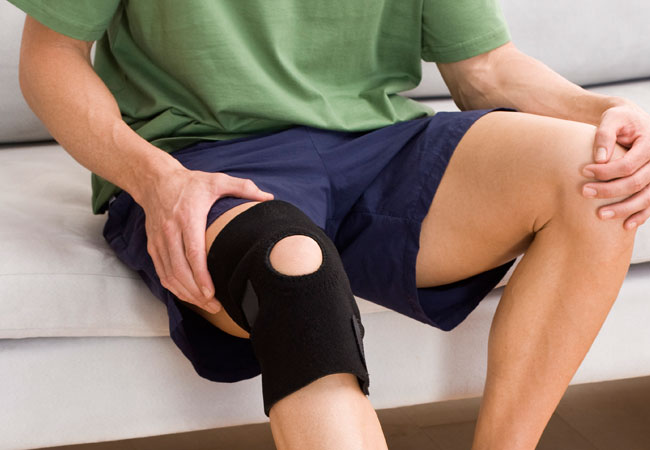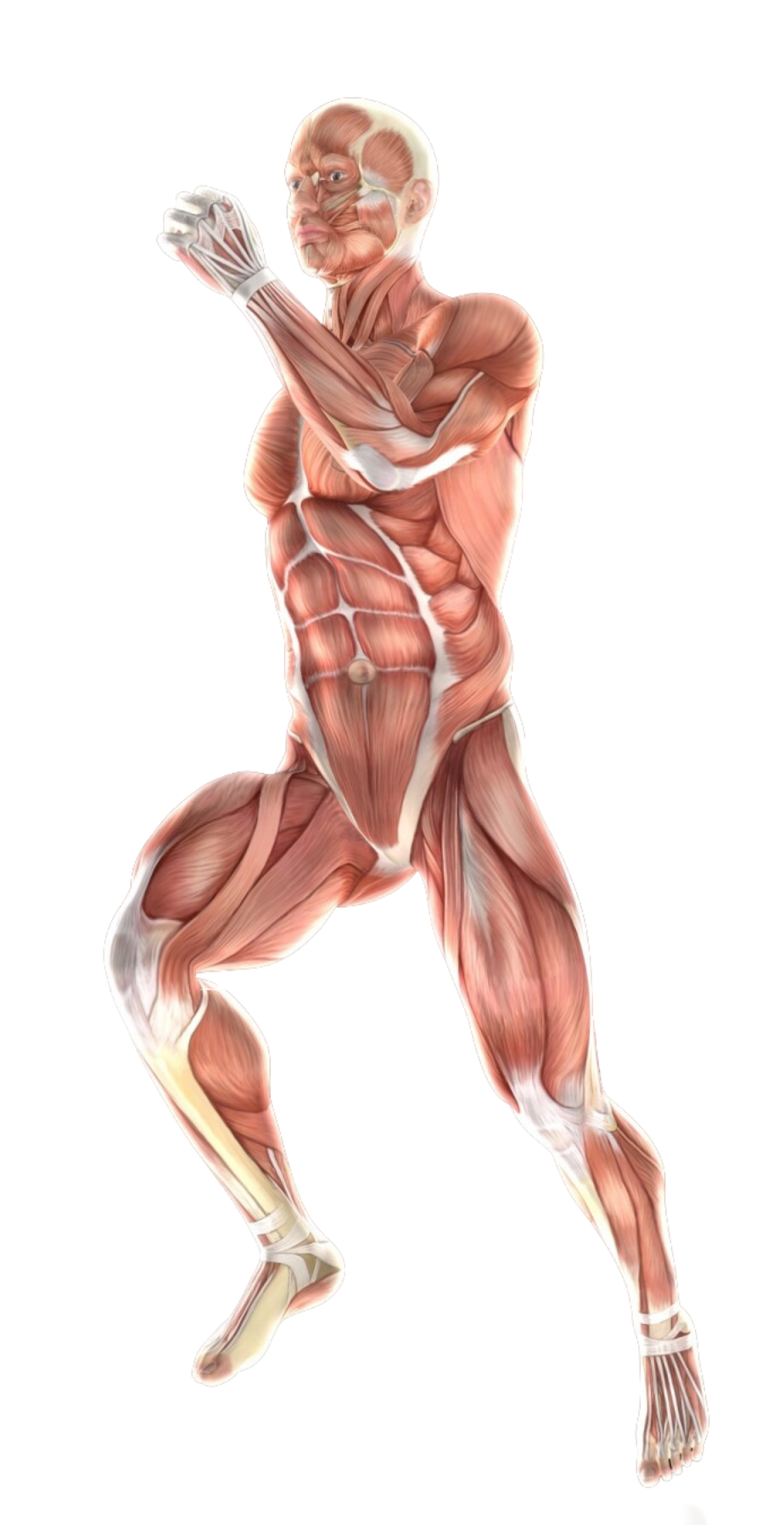- #11-13 Mount Elizabeth Medical Centre (Orchard)
- Mon Fri 9am — 6pm | Sat 9am — 12.30 pm
Knee arthritis is a common condition that affects millions of people around the world. It refers to the wear and tear of cartilage, the soft, cushioning tissue that covers the ends of bones where they meet in the knee joint. This degeneration can cause pain, stiffness, and swelling, affecting your mobility and overall well-being.
The knee joint is a complex structure that includes bones, cartilage, ligaments, tendons, and fluid-filled sacs (bursas). Cartilage acts as a shock absorber, allowing the bones to glide smoothly during movement.
The following signs and symptoms are commonly observed with knee arthritis:

As the cartilage wears down, the bones begin to rub against each other, causing pain and inflammation.
The body’s attempt to repair damage can lead to the formation of bone growths (osteophytes), also known as bone spurs, around the joint, further restricting movement.
Several factors can contribute to the development of knee arthritis:
While anyone can develop knee arthritis, certain factors can increase your susceptibility:
A comprehensive review of symptoms, previous injuries, and family history, coupled with a thorough examination of the knee joint’s physical condition, including swelling, tenderness, and range of motion.
Testing for specific genetic markers or rheumatoid arthritis (RA) antibodies in the blood can help identify underlying autoimmune factors contributing to knee arthritis.
Utilising X-ray imaging to assess the extent of cartilage loss and bone damage within the knee joint, providing valuable insights into the severity of arthritis.
Drawing out and analysing synovial fluid from the knee joint through joint aspiration helps detect signs of inflammation and rule out other possible causes of knee pain, aiding in the accurate diagnosis of arthritis.
While anyone can develop knee arthritis, certain factors can increase your susceptibility:

Several treatment options can help control pain, improve mobility, and slow the progression of the disease. These options include:
Knee replacement surgery: In severe cases where conservative treatment options fail to provide adequate pain relief and significantly limit mobility, knee replacement surgery might be considered. This surgery involves replacing the damaged joint surfaces with artificial implants, typically made of metal and plastic. It can significantly improve pain, function, and quality of life for individuals with advanced knee arthritis.
It’s crucial to discuss all treatment options and potential risks and benefits with a healthcare professional to determine the most appropriate approach for your individual needs.
The recovery time for knee arthritis depends on the severity of the condition, the chosen treatment approach, and individual factors. Typically, non-surgical treatments can provide noticeable improvements within weeks to months with consistent effort. However, managing knee arthritis is an ongoing process, and individuals might need to adapt their activities and continue specific exercises or therapies to maintain mobility and function in the long term.
Remember, early diagnosis and management of knee arthritis are crucial to slow the progression of the disease and maintain a good quality of life. Consulting a healthcare professional for proper diagnosis and a personalized treatment plan is essential for effectively managing knee arthritis.
Maintaining a healthy weight through a balanced diet and regular exercise reduces strain on the knees and lowers the likelihood of arthritis development.
Regular physical activity helps maintain joint flexibility, strengthens the muscles surrounding the knee, and promotes overall joint health.
Certain supplements, such as glucosamine and chondroitin, may help support joint health and reduce the risk of arthritis progression. Consult with a healthcare professional to determine if joint supplements are suitable for you and to discuss appropriate dosages.

Spine - Neck
Shoulder & Elbow
Spine — Back
Wrist & Hand
Knee Pain
Ankle Pain
Foot Pain
Book a consultation with us for a more comprehensive diagnosis and a personalised treatment plan best suited to your needs.

Spine - Neck
Shoulder & Elbow
Spine — Back
Wrist & Hand
Knee
Ankle
Foot